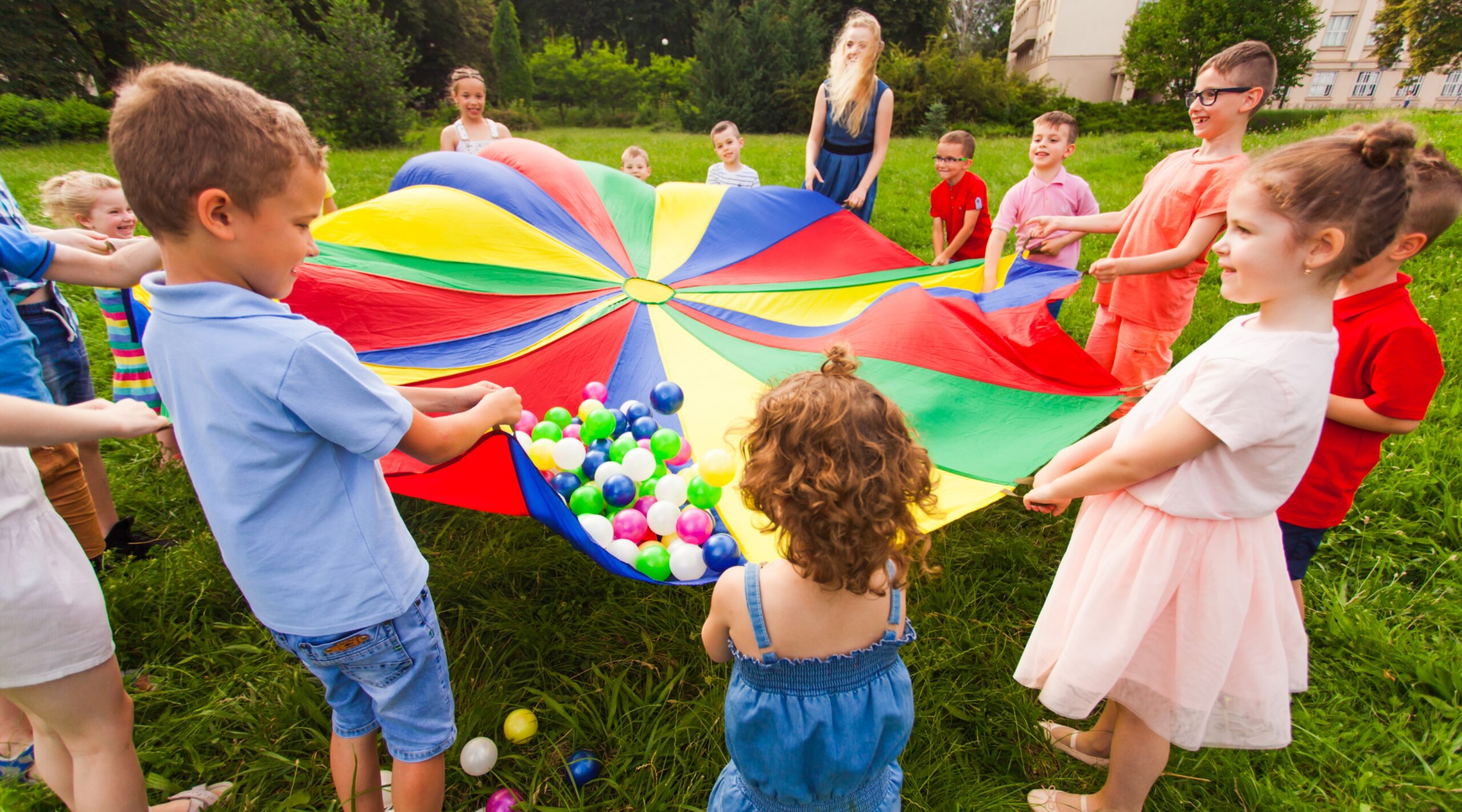Social skills go far beyond “please” and “thank you.” They encompass empathy, turn-taking, conflict resolution, and emotional awareness. These foundational abilities help children build friendships, navigate relationships, and feel confident interacting with others.
You don’t need structured lessons—simple, everyday moments are the key to nurturing strong social development.
Why Social Development Matters
When a child masters social skills they are more likely to:
- Establish and maintain friendships
- Communicate effectively and listen attentively
- Show empathy and resolve disagreements calmly
- Participate cooperatively in group activities
These emotional competencies lay the groundwork for lifelong healthy relationships.
1. Model Positive Social Behavior
Children learn by example. Show them how to greet others, apologize sincerely, wait for turns, and actively listen.
Your consistent actions become their guide.
2. Encourage Play with Peers
Playdates, storytimes, or playground visits are natural arenas for practicing sharing, cooperation, and negotiation.
3. Teach Emotional Vocabulary
Help children name their feelings:
“I see you’re upset—would you like to talk?”
This enhances empathy and self-expression.
4. Practice Turn-Taking and Sharing
Play simple board games or use shared toys to reinforce patience and fairness. Gentle reminders help guide behavior without pressure.
5. Discuss Social Situations Through Stories
After reading, ask engaging questions:
“How do you think the character felt?” or “What would you do?”
This deepens perspective-taking and emotional insight.
6. Guide Problem-Solving in Conflicts
When disagreements arise, encourage them to express feelings and brainstorm solutions.
Instead of stepping in, say: “What do you think we can do?”
This empowers independence.
7. Support Team Activities
Group art, building projects, or simple games highlight collaboration. Praise the effort of working together, not just the end result.
8. Celebrate Acts of Kindness
Reinforce positive social actions with phrases like:
“You included him so kindly!”
“You made someone smile—I’m proud of that.”
Acknowledgment boosts self-esteem and encourages repetition.
9. Respect Shyness
Some children are slower to warm up. Offer small gatherings and gentle role-play at home to help them build confidence comfortably.
10. Integrate Social Talk Into Daily Chats
Daily questions like “Who did you play with today?” or “How did your friend feel when…?” create a routine of emotional awareness and reflection.
Final Thoughts: Nurturing Social Growth in Small Steps
Each everyday interaction is an opportunity to learn empathy, respect, and collaboration. Through play, discussion, modeling, and celebration, you’re guiding your child toward emotional intelligence and social confidence.
One social moment at a time, you’re raising someone who values connection and kindness. 😊
